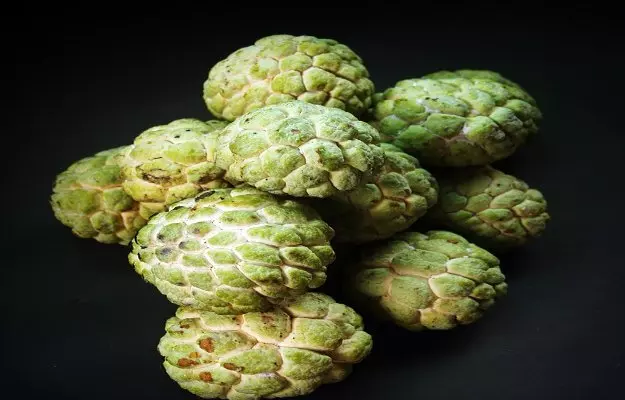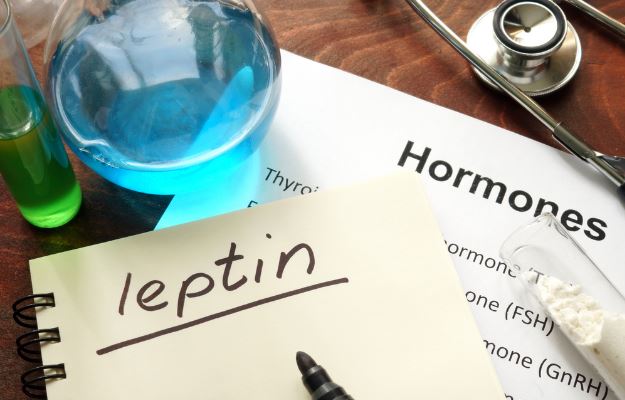Sugar apple or Sitaphal is a heart-shaped fruit with a thick skin on the outside. The edible portion of this fruit is creamy and granular. Unripe sugar apple fruit is usually green while a dark green to brown in color. It is also commonly called the custard apple.
Sugar apples are widely grown in the tropical and subtropical parts of the world. The term sugar apple is applied to all the fruits of the Annona species. The immature part of the plant - the fruits, seeds, leaves, and roots are known for their medicinal uses, in both Ayurvedic and Unani system. They can easily be consumed raw, but these fruits are also used to make jams, jellies and ice creams.
Sugar apples have numerous health benefits for the heart, liver and are known for their anticancer and antimicrobial properties. They are rich in a variety of essential minerals and vitamins that helps in the proper functioning of the body.
Did you know?
Sugar apple seeds contain 30 percent oil. So, these find a variety of uses in the soap and paint industry. The seed cake of sugar apple is rich in nitrogen which used as a natural manure.
Some basic facts about sugar apple:
- Scientific name: Annona Squamosa
- Family Name: Annonaceae
- Common name: Sugar apple, custard apple, Sitaphal in Hindi
- Sanskrit Name: सीताफल( sItAphala or sitaaphala)
- Native and geographical distribution: West Indies is said to be the native of this fruit. But later it moved through Central America and spread to southern Mexico. In India, the top producers of this fruit are Tamil Nadu,
- Some interesting facts about sugar Apple: Sitaphal is known to have cousins named Ramphal (Annona reticulata) and Lakshman Phal (Annona muricata). All these fruits are quite similar in look and taste and they have a variety of health benefits.


































